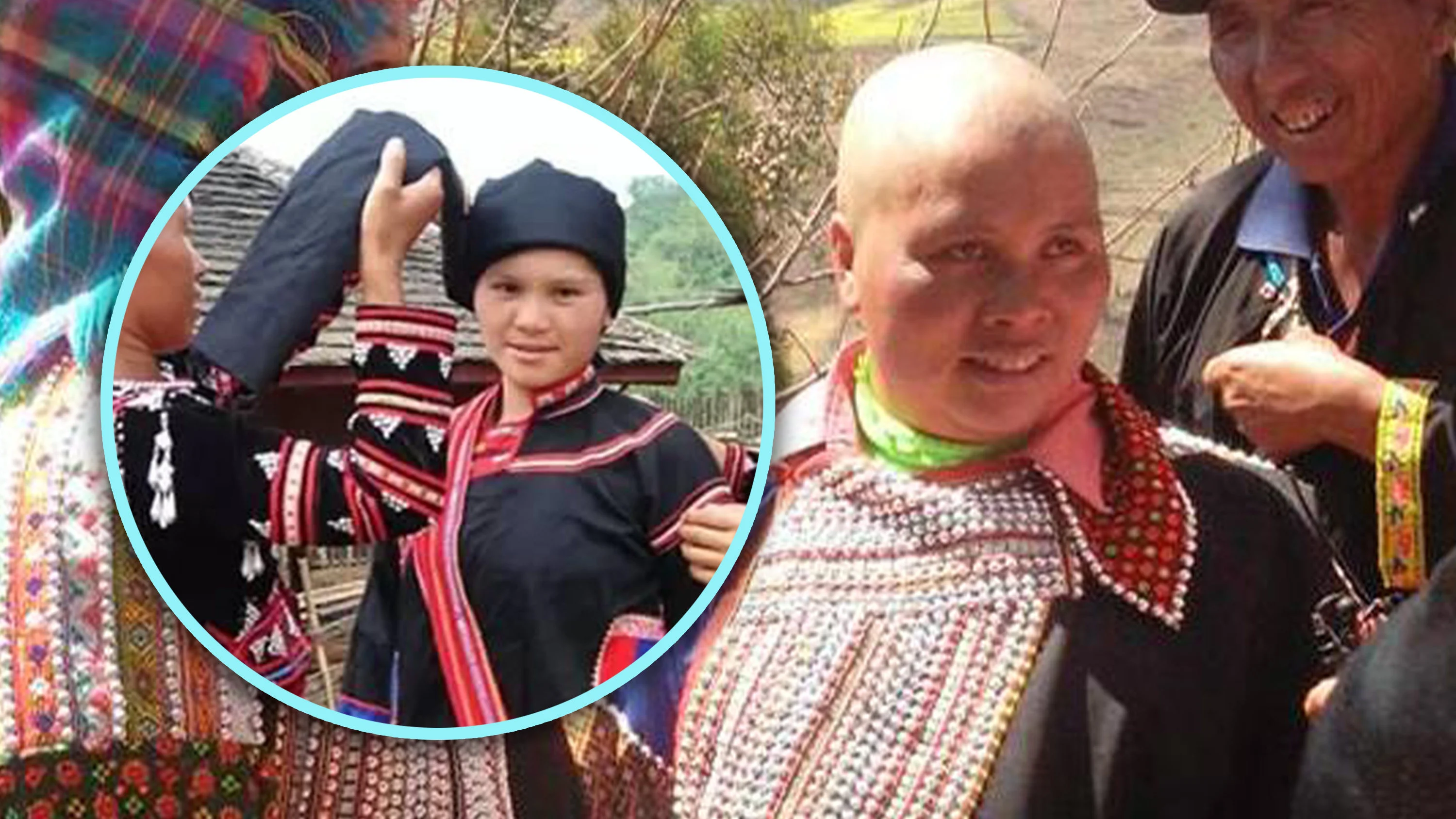Copyright scmp

Among China’s 56 ethnic groups, the Lahu ethnic minority stands out for its distinct traditions, such as women shaving their heads before marriage and locals drowning pigs at funerals. Originally, the Lahu people were nomads from the Qinghai Lake region in present-day northwestern China. During the Spring and Autumn and Warring States period (770 BC - 221 BC), they migrated southward and gradually settled in what is now Yunnan province. According to 2021 statistics, the population of the Lahu ethnic group in China was approximately 499,000, with most living in Yunnan province. Additionally, the Lahu can be found in Southeast Asian countries such as Thailand and Vietnam. The Lahu ethnic group derives its name from the Chinese term lao hu, meaning “tiger”, due to their historical reputation for tiger hunting. The characters of the name also carry meanings of “unity” and “happiness.” The Lahu people hold a belief in duality, leading them to think that a person’s death parallels another person’s birth. They emphasise that attendees at funerals should come in pairs; otherwise, they risk being trapped in the world of the deceased. When someone dies, a wooden stick is used to poke a hole in the grass roof, allowing the soul of the deceased to ascend through the opening. During the funeral, the family places one end of a white thread in the deceased’s hand and the other end around the neck of a pig, which is subsequently drowned in water. Only those distantly related to the deceased are permitted to eat the drowned pig. In many regions of China, it is customary to offer pigs to the dead; however, the reasons behind the Lahu’s unique ritual remain unclear. The Lahu belief in duality also influences their marriage customs. They maintain a harmonious balance between matriarchy and patriarchy. In Lahu families, daughters inherit from their mothers while sons inherit from their fathers, allowing both practices to coexist. Children can adopt either parent’s surname depending on their family’s circumstances. The Lahu people value freedom in marriage, selecting partners based on virtue rather than appearance. According to their mythology, two childhood sweethearts committed suicide together after their families, who had become enemies due to misunderstandings, separated them. The families later regretted their actions and buried the lovers together, leading to a tradition of respecting children’s freedom to choose their partners. Lahu women shave their heads upon marriage. It is said that historically, both Lahu men and women shaved their heads during their nomadic lifestyle for the convenience of hunting. Women would keep a small lock of hair known as “soul hair” to differentiate themselves from men. Over time, young women have largely ceased to shave their heads, doing so only when they marry. This ritual signifies not only the beginning of a new life but also their lifelong commitment to their chosen partners. The Lahu people also have a rich tradition of folk poetry and mythology, which they pass down orally through generations. These stories were only documented after the establishment of the People’s Republic of China in the 20th century. The most renowned literary work of the Lahu group is the epic titled “Mupamipa”, or “Creating Heaven, Creating Earth.”



